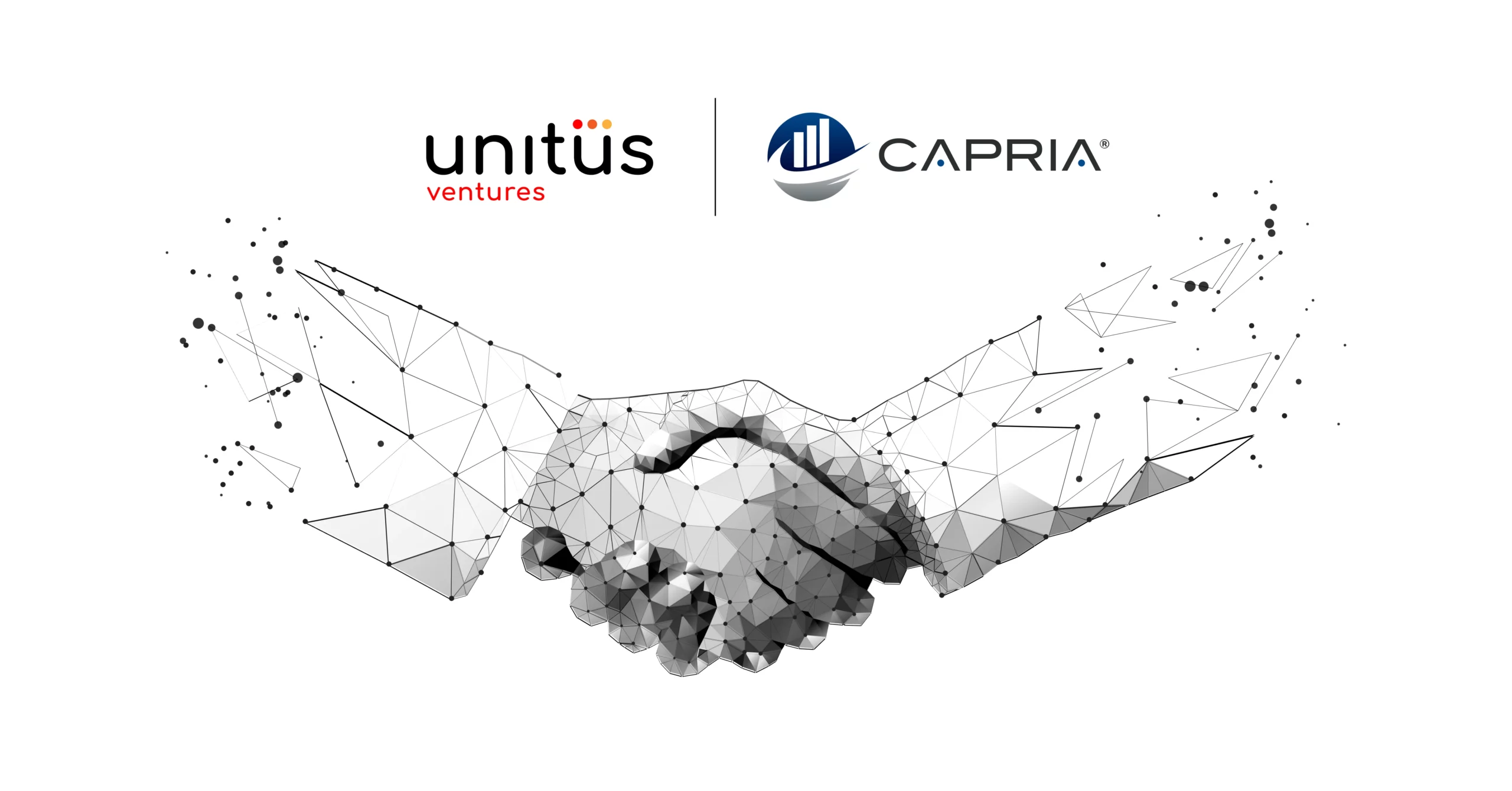
A prosperous nation invariably relies on a capable and skilled workforce. More than 80% of the global working population are frontline workers–commodity low-skill labour. However, the largest working cohort is also the least well-managed.
Despite their vital role in the modern economy, frontline workers have received little benefit from the technological advancements of the last decade to improve their lives and productivity.
This has aggravated existing problems in the workforce. Despite greater capital investments and economic development, the productivity of the workforce has remained stagnant for the last ten years; a large portion of this workforce continues to remain informal and not within the gambit of formal social schemes or minimum wage laws, and a significant chunk of this workforce continues to remain unskilled or underskilled.
Technology has not penetrated this group because of two primary reasons.
One, the scale of this population is huge; nudging tech adoption for this sector is not only expensive but also time-consuming in the initial stages.
Second, many enterprises continue to see frontline workers only as a cost factor and refuse to invest more in the form of technology to improve efficiency and productivity.
However, because of this scale and costs, even a tiny efficiency brought by technology has a massive potential to bring out an exponential change–not only for the enterprises that employ frontline workers but also for the lives of the people and their families. GenAI is one such technology.
GenAI & Frontline Workforce Management
2023 was the year of GenAI, not just in India but worldwide. Despite total venture capital funding decreasing by 65%, funding for GenAI startups increased by a whopping 110% between 2021 and 2023, raising a record $10 Bn globally.
In the Global South, GenAI can play a crucial role in democratising tech adoption among key population segments through innovative use cases. One such use case is that of frontline workforce management, which can potentially create an exponential impact on economic growth.
Let’s take the example of hiring. On average, an enterprise has to go through fifteen profiles to hire one candidate for a frontline job. Coupled with high attrition rates in the industry, the cost-per-hire rate for enterprises is as high as $250.
Factoring in the scale at which large enterprises operate, the biggest frontline employers spend an average of $3 Mn monthly just to get the required workers in their roles. Through automated hiring, customised assessment and background verification, onboarding, and task assignment, GenAI-enhanced HR management systems can reduce costs by more than 70%.
Take it a step further, and GenAI can be used for all workforce management functions, from auto-generating customised skilling content based on worker performance to automating query redressal for workers who are out on the field. The potential is huge, and the investments needed are surprisingly low.
GenAI: Outlook 2024
For enterprises and VCs alike, 2024 is the perfect time to invest in GenAI. Countries like India lie perfectly at the intersection of three circles of talent, infrastructure, and innovation. This has led to India and other Southeast Asian countries becoming mature markets for frontline HR solutions powered by GenAI.
India and Singapore, for example, rank in the top 10 countries in the Stanford University Global AI Vibrancy Index, with India being seen as the third most vibrant country for AI after the US and China. Moreover, the volume of investments is also growing in these countries, with AI startups having raised $446 Mn till Q3 of 2023 in India alone.
Moreover, the Global South has a huge addressable market for AI solutions. Multiple enterprise surveys have shown that over 70% of enterprises are making or have already built roadmaps to integrate Generative AI into their operations.
This has made the scale of impact of GenAI unprecedented in these countries. In India alone, GenAI can contribute $1.2 Tn to $1.5 Tn to the country’s economy over a span of seven years.
In the next five years, we need to foster a community of innovation in GenAI that brings frontline workers along with the rest of the population. It is only when many great minds come together and build on this technology, will we start seeing the real potential for productivity advances, cost reductions, and improved lives.
This article was originally published on Business Insider – Inc42 >

